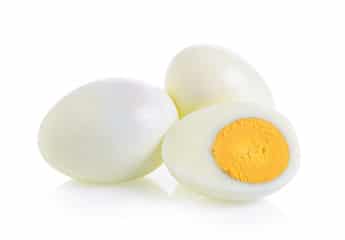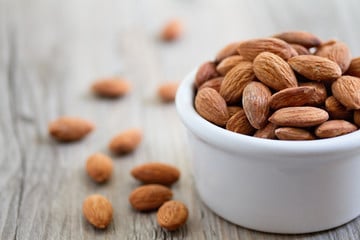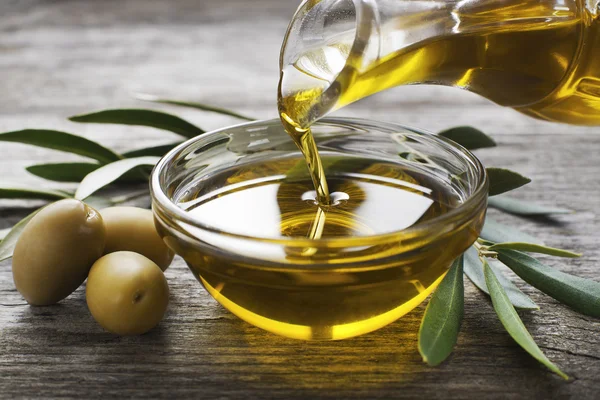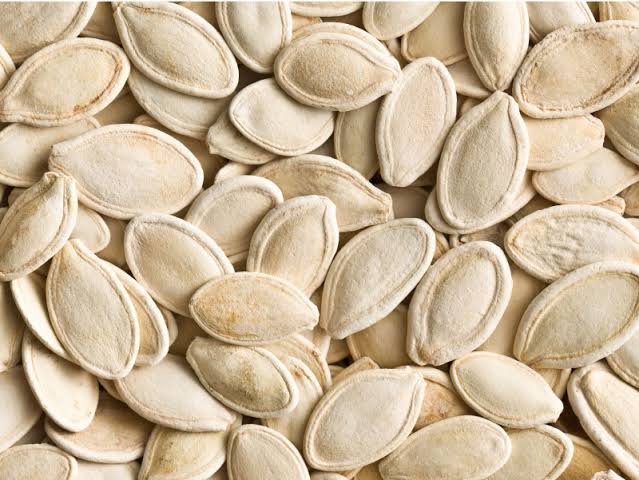Fat is one of the six classes of foods we were taught back then in primary school. It is an essential nutrient and eating foods that are rich in fat is very essential. Although there have been campaigns and movements to dissuade people from eating foods that are high in fats, due to their effects on the body, studies have shown that not all fats are bad for you. In other words, eating foods that are rich in fats is not bad, so long you go for the right kind of fat.
This would mean that there are two kinds of fats – the bad fat and the good fat. The bad or unhealthy fat include trans fats and saturated fats. This kind of fat raises the levels of bad cholesterol in the body, which increases the risk of heart diseases. It also leads to weight gain and even clogged arteries.
The good or healthy fat refers to Omega-3 fatty acids and unsaturated fats. This kind has good effects on the body, including improving hormone function, it improves the absorption of nutrients, fights fatigue, and so on.
Now that we have seen the distinction between the kind of fats, we would now look at foods that are rich in healthy fat. Here are seven healthy fat foods in Nigeria.
1. Fish
Fish is a rich source of unsaturated fats and Omega-3 fatty acids. Omega-3 fatty acids improve brain function and reduce the risk of heart disease. Examples of fish that are high in good fat include salmon, fresh tuna, sardines, and mackerel. In addition to fat, fatty fish are also rich in other nutrients and low in mercury, which makes them very healthy.
2. Avocado
Avocado might be a fruit, but it is another good source of fat, particularly monounsaturated fat. The fat content in one avocado fruit is higher than you would find in some animal servings. Eating avocado is very good for the heart and helps the body absorbs other nutrients better.
One good thing is you can enjoy avocado in different ways. If you do not like eating the fruit as it is, you can spread it on bread and eat it as a sandwich. Yum.
3. Eggs

Eggs are one of the cheapest sources of healthy fats, in addition to protein and other nutrients. One large boiled egg can contain as much as 5 grams of fat, most of which is the healthy kind.
You can decide to boil, fry, or poach your eggs. When frying eggs, make sure to use as little oil as possible.
4. Nuts

Nuts are small but loaded with a lot of nutrients, including healthy fats. Nuts like brazil nuts, almonds, and walnuts have a high content of healthy fats, like Omega-3 and Omega-6 fatty acids. Adding these nuts to your weekly diet would do your body a lot of good.
5. Olive Oil

Olive oil is rich in monounsaturated fats and other nutrients, like vitamin E and K, and even antioxidants. Using olive oil to cook would reduce your risk of heart disease and other associated issues. Olive oil is also flavourful, meaning it would enhance the taste of anything you cook it with.
6. Full-fat Yogurt
Full-fat yogurt is another one of the healthy fat foods in Nigeria. This type of yogurt higher in protein, calcium and fat compared to low fat yogurt. Full-fat yogurt is low in sugar, which makes it less likely to increase your blood sugar. It is also good for weight management and boosts heart health. Full-fat yogurt is also packed with healthy probiotics that improves digestive health. There are many full-fat yogurt brands in Nigeria.
7. Pumpkin Seeds

Pumpkin seeds are seeds gotten from fluted pumpkins. Fluted pumpkin (Telfairia occidentalis) is commonly called Ugu in Nigeria, and is widely cultivated throughout West Africa for both its seeds and leaves. Pumpkin seeds are one of the edible seeds in Nigeria, which are sometimes processed as oil for cooking. They are also rich in healthy fats. 72% of it’s fat content are polysaturated and monosaturated fats, which are ‘good fat’.
YOU SHOULD ALSO READ:
- 5 Healthy Whole Grain Foods in Nigeria
- 8 Healthy Nigerian Foods Rich In Probiotics
- 5 Healthy Nigerian Alkaline Foods
- 7 Healthy Nigerian Foods for Hypertensive Patients
- 8 Healthy Blood-Building Foods In Nigeria
- 8 Nigerian Foods That Are Rich In Folic Acid
- 10 Nigerian Foods Rich In Vitamin C
- 8 Natural Aphrodisiac Foods in Nigeria
Collins Nwokolo is a human physiologist, writer and health enthusiast. He loves writing helpful articles on health and fitness, which he enjoys sharing with everyone.





